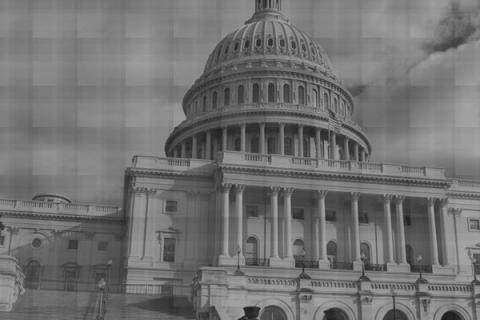Credit: cbsnews.com
It's that time of year again, and voters across America are anxiously counting down the days until the all-telling "Election Day," which this year lands on November 6. With early voting and absentee ballots, however, "Election Day" started long before November 6th, and might end weeks after.
In Ohio, early voting began on October 2 and absentee ballots were sent to nearly 7 million voters in the state. Changes in Ohio's election law and the possibility of Ohio uncounted votes, however, could complicate the process and delay election results for the state. If the presidential election comes down to Ohio, this means the results of the presidential election may not be finalized until weeks after Americans vote.
The problem centers around absentee voters and provisional ballots. If a voter has requested an absentee ballot but decides to cast a ballot in person on Election Day, they are required to fill out a provisional ballot, which does not have to be counted until November 17. As of Friday, over 800,000 voters who had asked for absentee ballots, have not yet returned them. Therefore, under Ohio election law, these voters will have to fill out a provisional ballot when they try to vote on November 6 to ensure that they did not also vote with an absentee ballot.
Barry M. Horstman explains in "Ohio's nightmare voting scenario:"
"Provisional votes long have been one of the most problematic areas of Ohio elections, primarily because tens of thousands routinely are disqualified by relatively minor missteps by voters or poll workers. Four years ago, nearly 40,000 provisionals—roughly one in five—were invalidated for various reasons."
Ohio State University law professor and election law expert Ed Foley said of the situation in Ohio:
“We could easily see a situation in which the nation has to wait for Ohio because of provisionals." He continued, "We ought to start thinking about those what-if scenarios now rather than the Wednesday morning after the election.”
The importance of Ohio in this year's election has been overwhelmingly emphasized in election coverage across the country. Ohio's eighteen electoral points could secure Obama's re-election if the president prevails in the state, while a loss could significantly help Romney on his path to 270 electoral votes. It has even been suggested that one county known for it's tendency to be a swing county, Hamilton County, could decide the entire presidential election.
In Ohio, it's safe to say that every vote counts, placing increased importance on the role of election officials in monitoring the polls come Election Day. Furthermore, the Department of Justice will be sending around 800 election officials to monitor the polls in 23 states for Tuesday's presidential election. Four locations in Ohio will be under observation: Cuyahoga (Cleveland), Hamilton (Cincinnati), Franklin (Columbus), and Lorain.
In addition, absentee ballots postmarked by November 5 may also be left uncounted until weeks after the election, further delaying final results in the case of a close race. Recent polls indicate that Ohio will be a close race, though the numbers favor Obama going into Election Day.
There's no doubt this election will be a close one, and Ohio's role is critical. With the high number of absentee requests this year and the low number of returns, Ohio uncounted votes could leave Americans in doubt for weeks after November 6. Even then, there's always the possibility of a recount.

